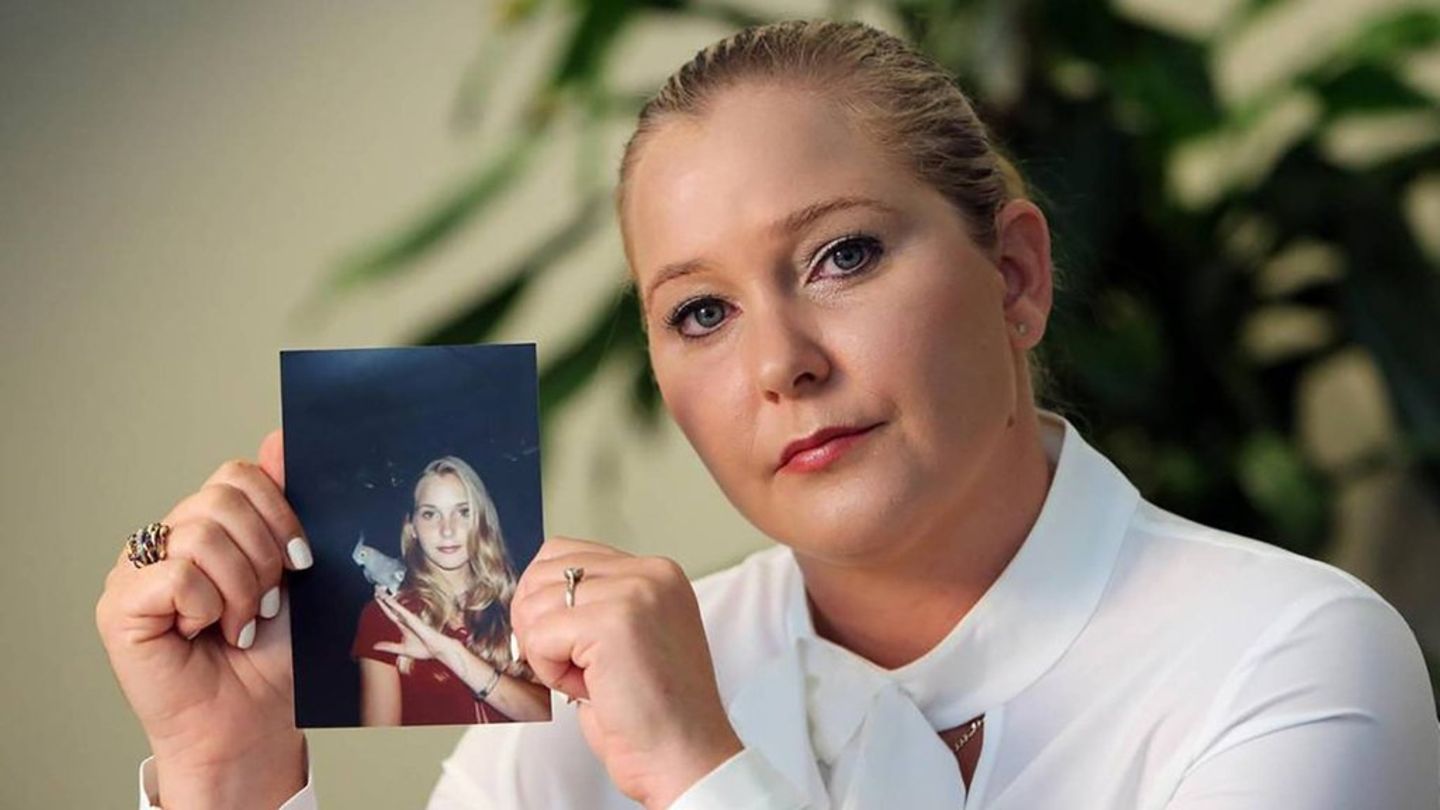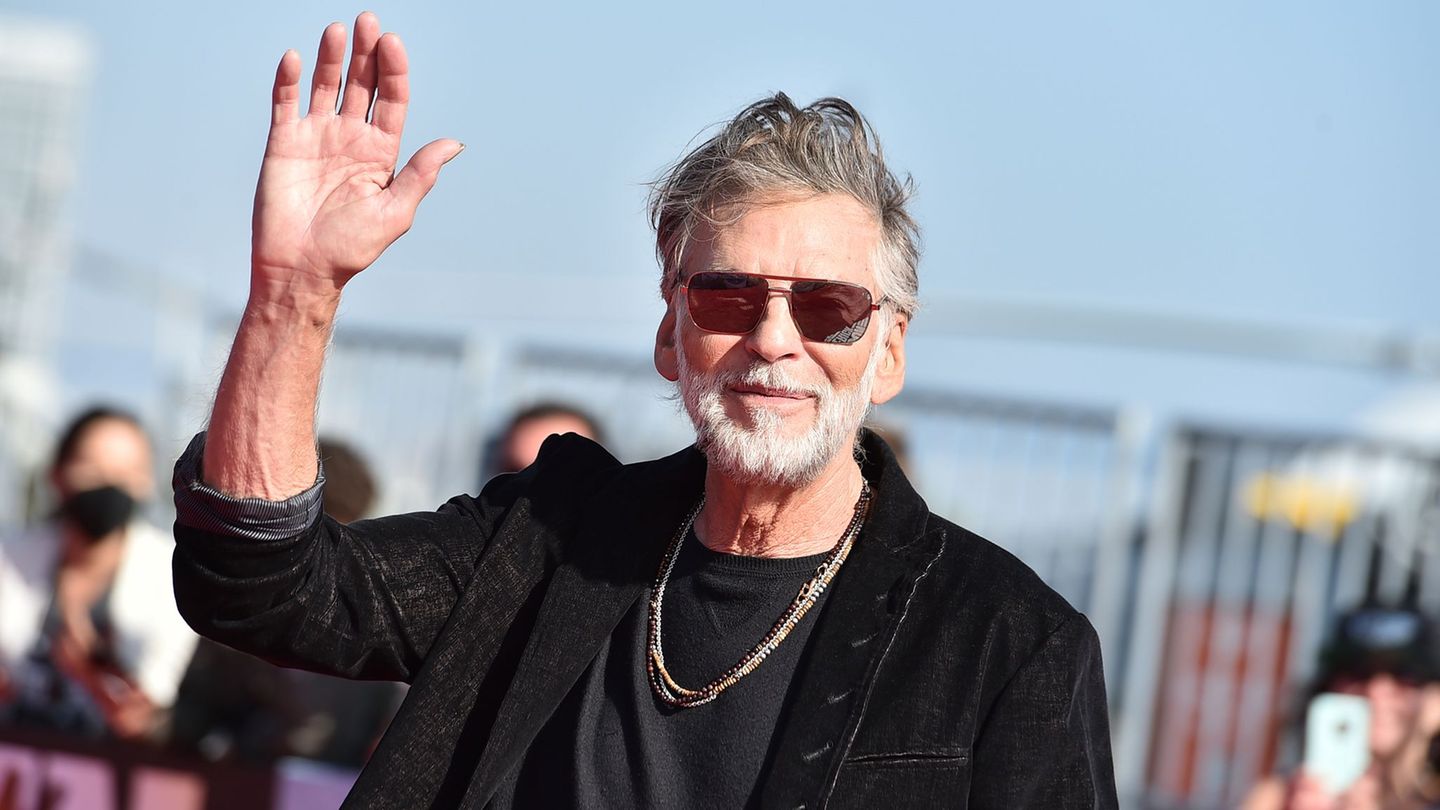How much more dependency on the US can the EU afford? This is the question that concerns Chancellor Merkel and the other heads of state and government after the disappointments of the past few months.
The heads of state and government of the EU states have started a debate on more European independence in the world after the USA’s most recent solo foreign policy.
The discussion is particularly important after the geopolitical developments in Afghanistan and the Indo-Pacific and with a view to relations with China, said EU Council President Charles Michel at the start of the confidential talks in Brdo Castle in Slovenia.
EU wants to reduce dependencies
The debate should continue in the coming weeks and months and lead to tangible results as quickly as possible. It should not only be about more independence in foreign and security policy issues, but also more autonomy, for example in digital and health policy. For example, the EU could try to significantly reduce its dependencies in the production of pharmaceuticals and the storage of extensive data sets.
French President Emmanuel Macron stressed the need to lay the foundations for a stronger Europe on issues of technology, industry, economics, finance and also the military. The EU must bear its share of the responsibility, choose its partners itself and at the same time work closely with existing allies.
Council leader Michel said that NATO was a cornerstone of security in Europe, but at the same time it was important to see how one could act more autonomously within the framework of the existing partnerships. It is also about strengthening them. “Strong allies form strong alliances,” said Michel. Chancellor Angela Merkel initially did not comment.
Horror at the Indo-Pacific Pact
In the EU there had recently been horror that the US had negotiated a security pact for the Indo-Pacific with the UK and Australia behind the back of the EU in recent months. In particular, the government in Paris is furious because the Aukus pact, a 56 billion euro submarine contract between Australia and France, has burst.
In addition, Washington is accused of lacking consideration for the interests of EU partners in view of the withdrawal from Afghanistan. In addition, there is a great deal of skepticism about the US’s confrontational course against China and the attempts to get the EU on board.
The meeting of European heads of state and government was organized in Slovenia because the country currently holds the rotating EU Council Presidency. A summit meeting with the Western Balkans will begin this Wednesday at the same venue. He will discuss the prospects of Albania, North Macedonia, Serbia, Bosnia-Herzegovina, Montenegro and Kosovo joining the EU.
Compromise on enlargement policy
Before the summit, after a tough struggle, the EU states agreed on a compromise in dealing with the EU accession hopes of the six countries. According to information from the German Press Agency, it should be recorded in writing at the EU-Western Balkans summit that the European Union is continuing to commit to the enlargement process that has begun. At the same time, it should be emphasized that the ability to integrate new members into the EU also requires further development of the Union itself.
With the addition, according to diplomats, the government in Paris in particular wants to keep open the possibility of blocking the admission of new members if the EU should prove incapable of reform in the coming years from the French point of view. The accession aspirants therefore still have no absolute clarity about their chances of joining the EU.
Decision on six Balkan states
The course of the EU at the Western Balkans summit had been wrestled behind closed doors for days until Monday. According to diplomats, summit host Slovenia recently not only called for a commitment to the enlargement process, but also for the Western Balkan states to promise admission by 2030. Other states such as France, however, vehemently rejected this. They argue that most of the Western Balkans will in all probability not be able to implement the necessary reforms so quickly by then.
In addition, Paris in particular does not consider the European Union to be expandable at the moment because of unresolved problems in its own ranks. For example, it is feared that an expansion by six more countries could make the decision-making processes, which are often very time-consuming, even more difficult.
Countries like Germany, on the other hand, argue that there are considerable risks involved in disappointing the aspirants’ hopes. You point out that the Balkans are also being courted by countries like Russia, China and Turkey. Disappointed hopes in the development of relations with the EU could therefore lead to reforms demanded by the EU states for more democracy and the rule of law being neglected.
It is particularly sensitive that the start of EU accession talks with Albania and North Macedonia has been blocked by Bulgaria for domestic political reasons for around a year – even though a clear EU decision to start negotiations was actually made in March 2020.
David William is a talented author who has made a name for himself in the world of writing. He is a professional author who writes on a wide range of topics, from general interest to opinion news. David is currently working as a writer at 24 hours worlds where he brings his unique perspective and in-depth research to his articles, making them both informative and engaging.




